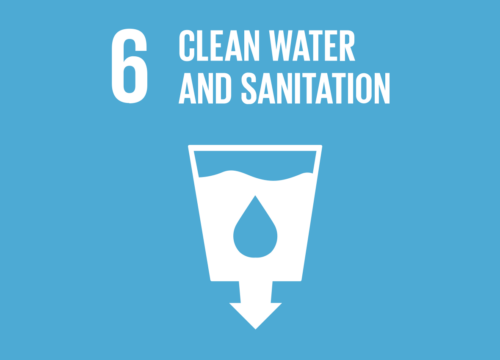In this context, the strengths of MAPs include the development and implementation of new standards. The example of such standard-setting discussed in this factsheet is the International Water Stewardship Standard (AWS-Standard), which was facilitated by the Alliance for Water Stewardship in the interest of more sustainable water management.
●
Partnerships2030
Without water, there is no life. Yet around the world 2.2 billion people lack access to good drinking water, and 4.2 billion have no access to hygienic sanitation facilities. Water and the disposal of excreta are crucially important for human health. Multi-stakeholder partnerships can bring improvements in this area.


